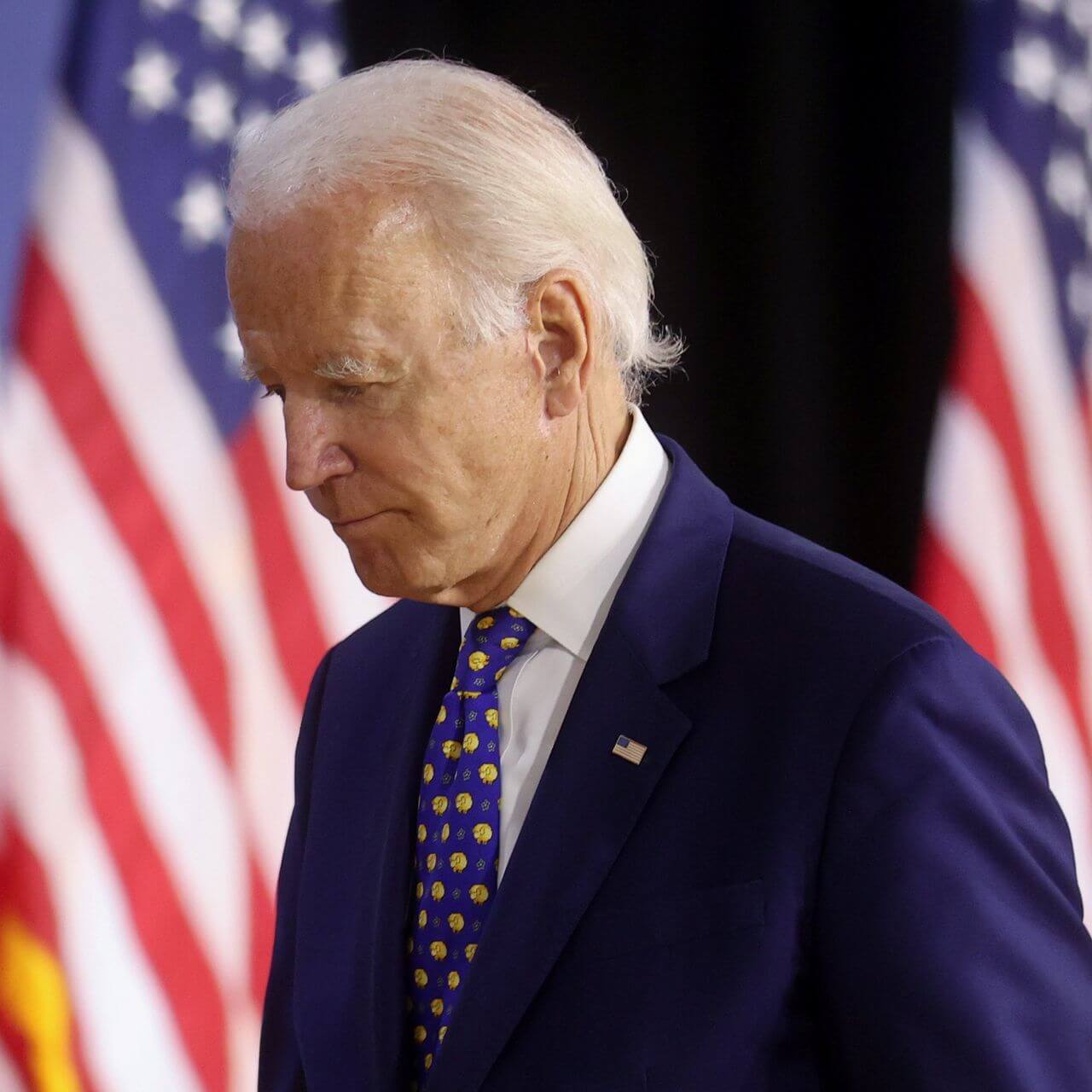
US President Joe Biden Approves U.S. Airstrikes on Iran-Backed Militias in Syria
U.S. forces launched airstrikes against Iran-backed militias in eastern Syria in response to a rocket attack in Iraq earlier in February that killed one American contractor and wounded a U.S. service member.
Pentagon officials said that the bomb hit a small group of buildings on the border between Syria and Iraq that was used to move troops and materiel between the countries.
A target was chosen on the Syrian side of the border in order to avoid escalating tensions with the Iraqi government.
Just weeks into his Joe Biden administration, was cautious in his decision to limit the blowback from the strikes: “The Pentagon offered up several larger groups of targets but Mr Biden approved the smallest option.”
According to one U.S. official who spoke with the Washington Post, the strike killed “up to a handful of people.” A Pentagon official told Politico that the strikes were designed to limit the targets’ ability to orchestrate future attacks.
While the Biden administration had not yet publicly indicated who had orchestrated the rocket attack on U.S. forces in Irbil on February 15, Pentagon chief spokesman John Kirby said that the strike was on a “border control point used by a number of Iranian-backed militia troops, including Kataib Hezbollah and Kataib Sayyid al-Shuhada.” Kirby added that the retaliatory attack was not intended to escalate hostilities with Iran.
The Biden administration is currently attempting to revive conversations that could bring the country back into the nuclear deal that former President Donald Trump walked out on.

